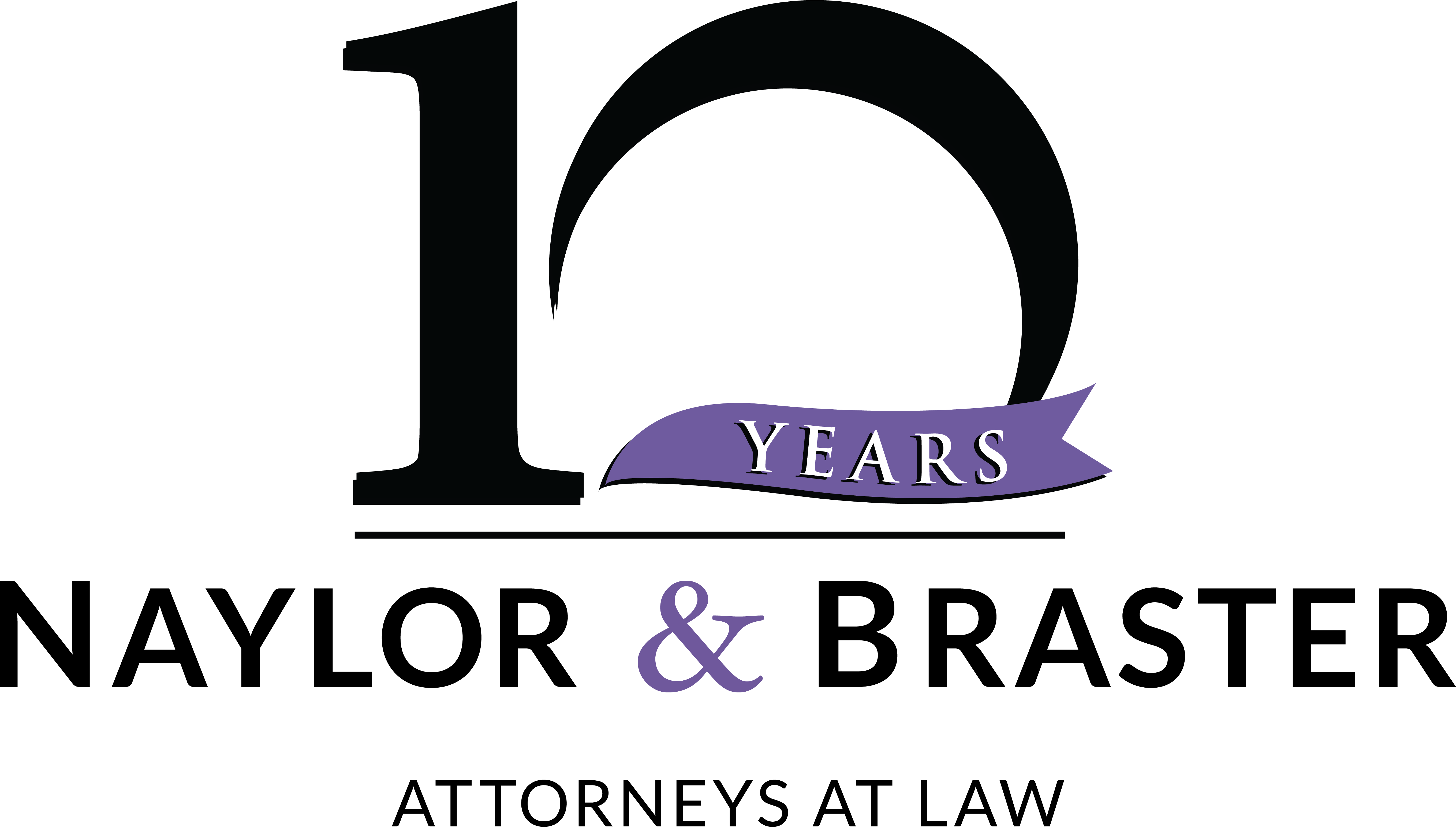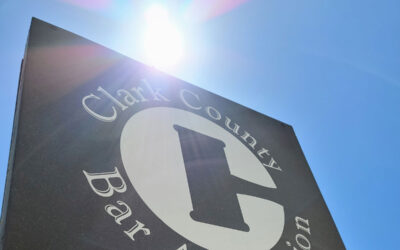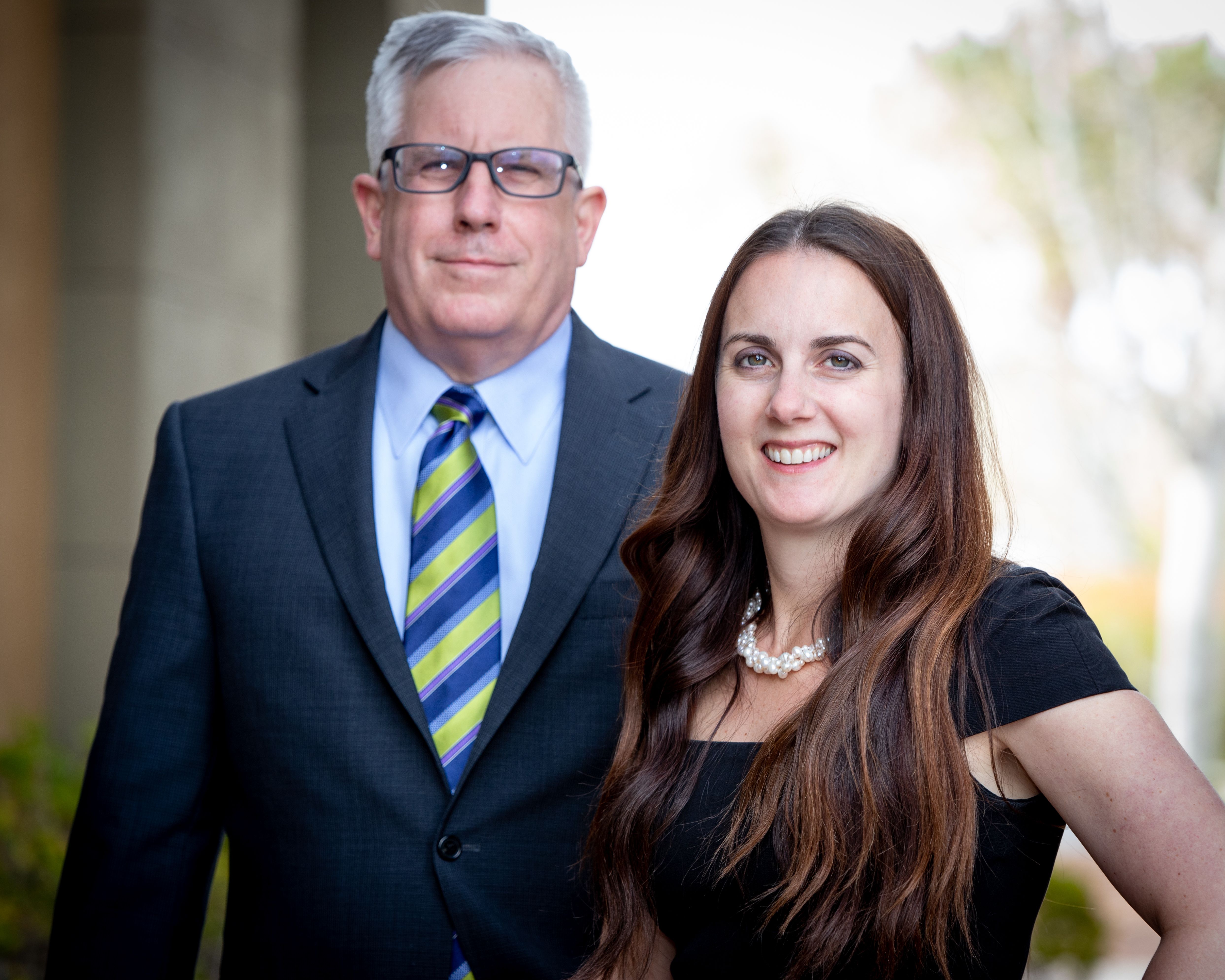This article was originally published in the in COMMUNIQUÉ, the official publication of the Clark County Bar Association. (November 2018).
By John M. Naylor, Esq.
[PUBLISHER’S NOTE: The Clark County Bar Association (CCBA) provides the opportunity for Nevada lawyers to earn 1.0 Ethics of Continuing Legal Education (CLE) Credit for reading this article and completing the accompanying test. For the test and more information, see pages 22-29 of the print and PDF versions of the November 2018 issue of COMMUNIQUÉ]

Lawyers regularly utilize social media as a means of marketing and as an investigative tool. As of 2017, about 76 percent of all law firms in the United States maintained some sort of an internet presence. Jessica Weltge and Myra McKenzie-Harris, Esq., The Minefield of Social Media and Legal Ethics: How to Provide Competent Representation and Avoid the Pitfalls of Modern Technology, American Bar Association Section of Labor and Employment Law, Ethic and Professional Responsibility Midwinter Meeting (March 24, 2017) (citation omitted), “ABA 2017 Report.” Ethical rules regarding an attorney’s use of social media, however, have not kept pace and the bar associations that address the issues tend to do so on a piecemeal basis.
This article focuses on two of the many areas that social media impacts. The first is to what extent do Nevada’s rules on lawyer advertising apply to social media outlets such as LinkedIn and Facebook. The second is when can an attorney use a social access request, commonly referred to as a “friend request,” to gain information about an opposing party or witness. Nevada has not specifically addressed these issues, but other bar associations have and offer guidance.
What exactly is social media?
Social media generally consists of any electronic communication used to share information, ideas, or personal messages. Dorothy M. Bollinger, Social Media and Employment Law: A Practitioner’s Primer, 20 TEMP. POL. & CIV. RTS. L. REV. 323 (2011). This includes online messaging and cell phone apps, Internet blogs, and social networking websites like LinkedIn, Facebook, Twitter, Google+, YouTube, Pinterest, and Instagram. “ABA 2017 Report,” p. 2.
Advertising
The 2018 amendments to advertising rules make clear that they apply to social media. Effective April 8, 2018, the Supreme Court of Nevada approved an amendment to NRPC 7.2 that included “public media” in the definition of advertising. Nev. S. Ct. ADKT 527, March 9, 2018. This certainly covers social media and a look to the model rules confirms that. The amendment brought NRPC 7.2 closer in line with ABA Model Rule 7.2, which the ABA Section of Labor and Employment Law considers to cover social media. “ABA 2017 Report,” pp. 14-15. Thus, a fair interpretation of Nevada’s rule similarly considers social media to be advertising.
The new guidelines accompanying the amendments appear to endorse this broad application of what is advertising. The State Bar’s proposed Lawyer Advertising Interpretive Guidelines (the “2018 Guidelines”) have been published for comment. As currently drafted, they do not limit NRPC 7.2’s reach when it comes to social media. Thus, all of the disclosures and requirements of NRPC 7.2(a) through (d) apply to blogs, Twitter feeds, LinkedIn pages, and other forms of an attorney’s social media presence. NRPC 7.2(b). More specifically, statements in social media regarding fees, use of non-attorneys on a case, years of experience, and jury verdicts require special disclosures under NRPC 7.2.
A second issue is whether the filing requirement of NRPC 7.2A applies to social media. The 2018 amendments mandate that attorneys submit to the State Bar for review “(1) a copy or recording of all advertisements disseminated in exchange for something of value; and (2) written or recorded communications the lawyer causes to be disseminated for the purpose of advertising legal services.” (NRPC 7.2A(a)(1) and (2)). The rule only excludes websites. (NRPC 7.2A(a)).
Subsection one would seemingly exclude no-cost to the user platforms for social media such as Facebook, Twitter, and a basic LinkedIn page. Indeed, the State Bar’s online submission filing portal for advertising under NRPC 7.2A only refers to “Social Media (if disseminated in exchange for something of value).” State Bar of Nevada website, https://www.nvbar.org/member-services-3895/lawyeradvertising/, accessed August 20, 2018).
Subsection two is broader, covering everything that is intended to be advertising. This would seemingly cover all social media that a firm or lawyer utilizes, and, therefore, triggers the filing requirement.
LinkedIn illustrates the tension between NRPC 7.2A and the usage of these platforms. The basic LinkedIn profile is free, meaning that an attorney need only create an account and supply what information they wish for the profile. NRPC 7.2A(1) would not apply because nothing is exchanged for value and the argument can be made that the purpose of the profile is nothing more than a directory listing with contact information.
LinkedIn, however, allows a subscriber to pay a monthly fee (in addition to its free service) to get alerts whenever someone is viewing their profile. As “public media,” the profile is advertising and is now potentially subject to the filing requirement because something of value is given.
Even if one could escape the requirements of NRPC 7.2A(1), subsection two would seemingly capture everything. Subsection two requires a determination of an attorney’s intent. Neither the rule nor the 2018 Guidelines offer any assistance in how to determine intent. Other jurisdictions, however, have attempted to address the issue. For example, in 2015, the New York City Bar Association determined that a LinkedIn page would be considered advertising subject to ABA Model Rules 7.1 through 7.5 if the following five factors were present: (a) it is a communication made by or on behalf of the lawyer; (b) the primary purpose of the LinkedIn content is to attract new clients to retain the lawyer for pecuniary gain; (c) the LinkedIn content relates to the legal services offered by the lawyer; (d) the LinkedIn content is intended to be viewed by potential new clients; and (e) the LinkedIn content does not fall within any recognized exception to the definition of attorney advertising. N.Y. City Bar Assoc. Formal Opinion 2015-7 (December 30, 2015). It would be hard to imagine a LinkedIn page that did not meet all of these criteria, especially given that LinkedIn is generally viewed as a promotional tool and a way to tout one’s qualifications and network. Under these circumstances, the best practice would seem to be filing one’s LinkedIn page with the State Bar.
The ex parte friend request
Whether preparing a case or preparing to negotiate a contract, many attorneys look at the public information available on an adverse party’s Facebook page or other social media. Can you take it a step further by sending an adverse party a “friend” request? An accepted friend request typically opens the door to information that the author intended to keep out of the public eye. Some have dubbed this practice “predatory friending.” In Nevada, NRPC 4.2 prohibits an attorney from sending a friend request with any sort of a message to a represented party. But what about sending a simple friend request and nothing more to a represented party and seeing if they take the bait? Currently, there is no guidance as to whether this violates NRPC 4.2.
Other bar associations prohibit this practice. For example, the San Diego Bar Association concluded that an attorney could not send a friend request to a represented party. Ethics Opinion 2011-1, San Diego County Bar Legal Ethics Committee, May 24, 2011, “San Diego Opinion”. The San Diego Bar relied on California Rule of Professional Conduct 2-100 and ABA Model Rule 4.2, both of which prohibit an attorney from directly or indirectly communicating with an opposing party about the subject of the representation when that party is represented by counsel. Id. at III(A). These rules parallel NRPC 4.2. The San Diego Bar considered the argument that a friend request and nothing more does not involve the subject of the lawsuit or representation and is therefore permissible. The San Diego Bar flatly rejected this approach. Id. at III(3)(a).
The San Diego Bar also relied on ABA Model Rule 4.1(a), which is identical to NRPC 4.1(a) and prohibits lawyers from making false statements. Id. at III(B). The San Diego Bar found that sending a friend request without explaining its purpose is a deceptive act. Id. Even though the ABA has not formally adopted a position on the application of Model Rule 4.1, it recognizes that several jurisdictions have adopted advisory and formal opinions on the matter and recommends that practitioners be cautious before sending a friend request. “ABA 2017 Report,” pp. 24-25.
Can an attorney reach out to unrepresented parties or witnesses through a friend request? The San Diego Bar found that an attorney “should not” do this without fully identifying themselves, disclosing their affiliation, and disclosing the purpose of the request. San Diego Opinion, III(B). Other jurisdictions have taken it one step further. The New York State Bar’s Social Media Ethics Guidelines requires attorneys to use their full name and prohibits them from using a false profile to mask their identity. “Guideline 4.B, Social Media Ethics Guidelines of the Commercial and Federal Litigation of the New York State Bar Association” (Updated May 11, 2017). This rule also applies when attorneys reach out to witnesses. Id.
An attorney cannot get around the rule by having another person, such as a paralegal or private investigator send the friend request. An attorney’s duty of supervision under Model Rules 5.1 through 5.3, which were adopted in Nevada as NRPC 5.1 through 5.3, requires associates, staff attorneys, and paralegals to comply with any applicable guidelines. “ABA 2017 Report” pp. 10-11. Basically, this means that an attorney’s paralegal or investigator cannot create a false account to contact anyone.
Conclusion
The ethical implications of social media will continue to evolve, and counsel must be careful to consider all factors before using a social media platform for any purpose. This can be challenging because no governing body, including the ABA, has arrived at a comprehensive set of ethical rules for dealing with social media. In particular, Nevada has not yet adopted any specific rules or guidelines. Until Nevada does so, practitioners might wish to follow the most conservative approach available when utilizing social media.
To view the full article in Communiqué click here.



